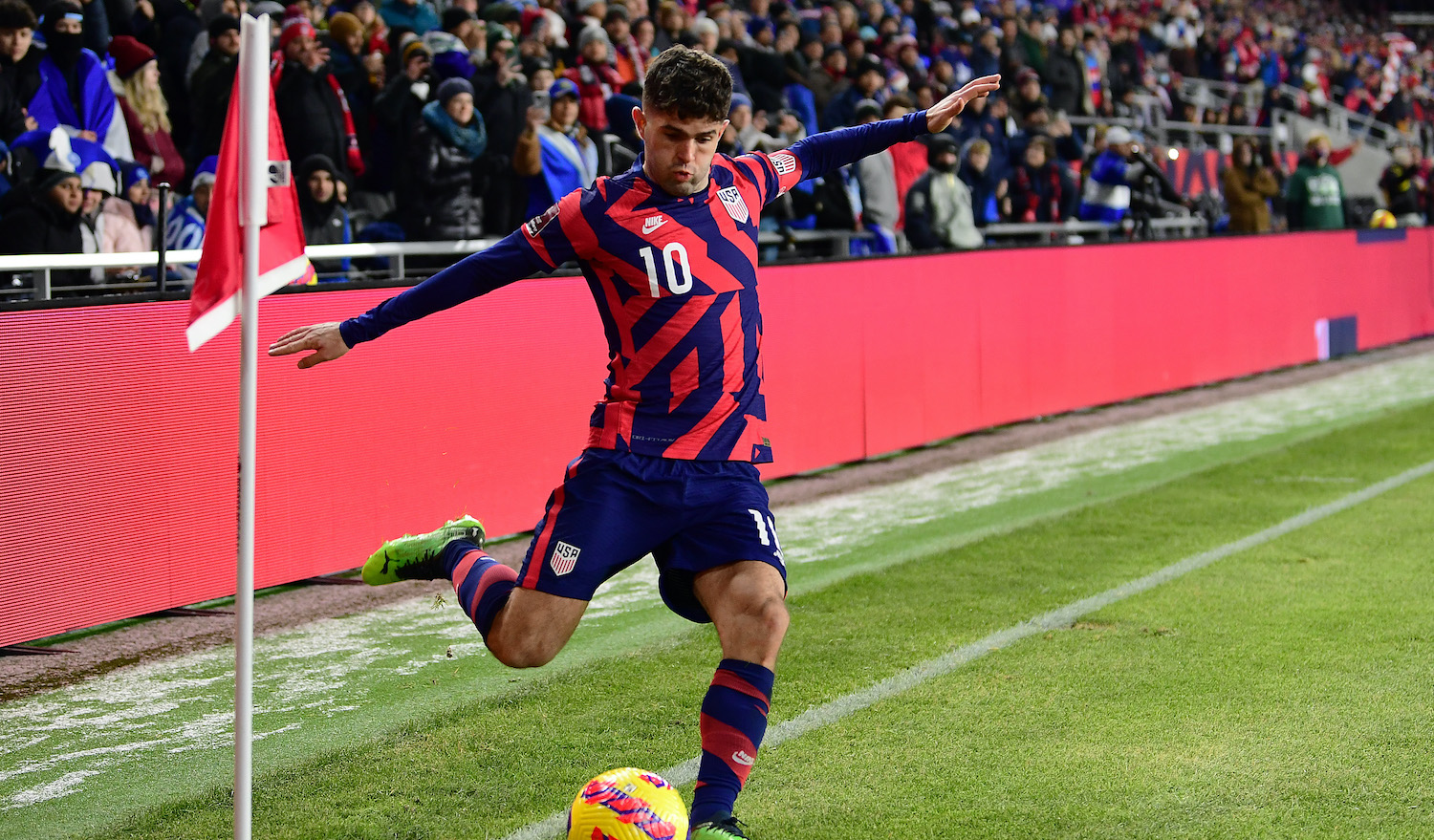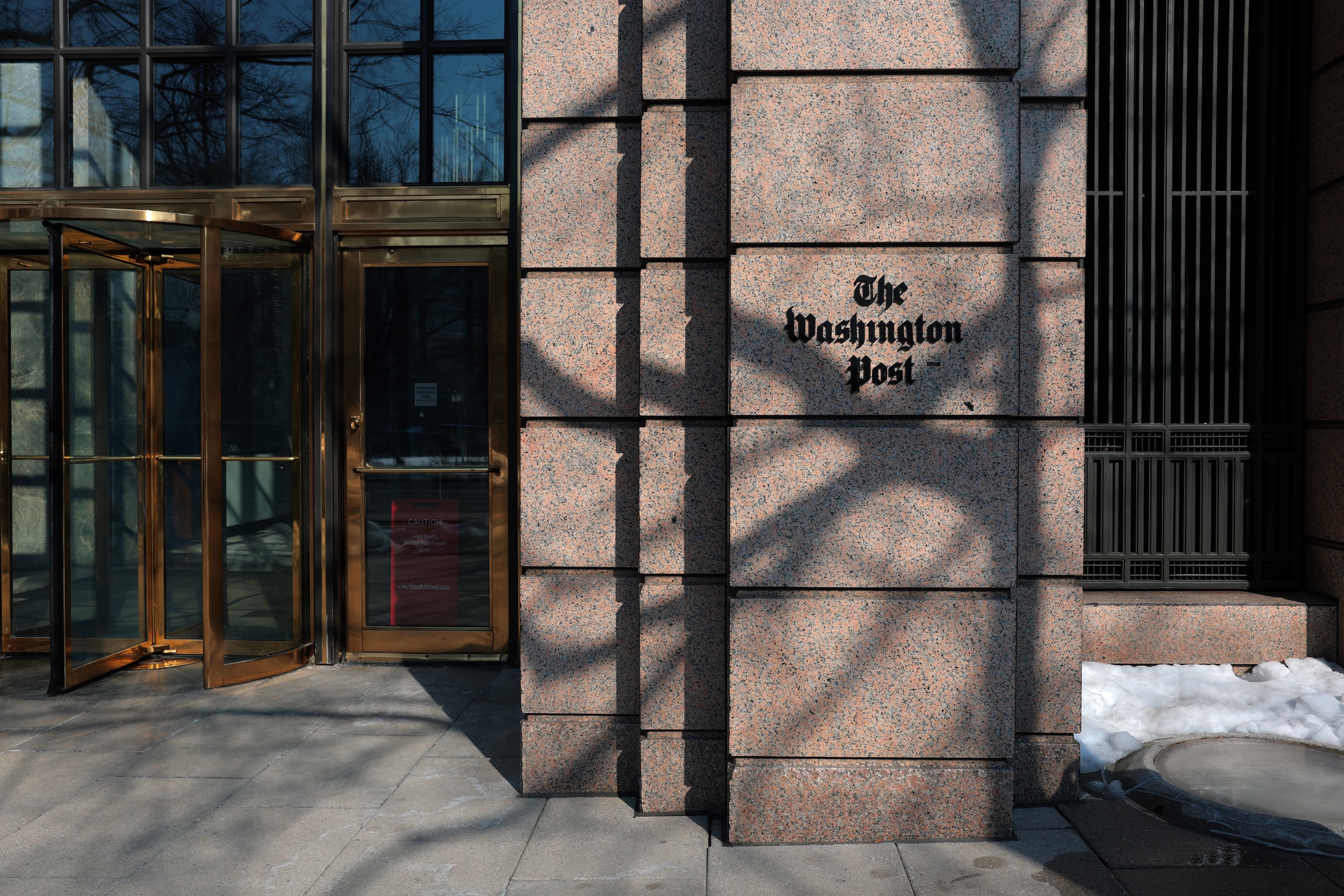The United States Men's National Team was poor against El Salvador on Thursday because they only scored a single goal. The USMNT was great because they earned three points. The USMNT was bad because they didn't finish their chances. The USMNT put forth its best defensive performance of the cycle, smothering every single El Salvador attack before it began. The USMNT should be worried that its best player didn't do much. The USMNT showed even more sophisticated coordination between its wingers and fullbacks. The USMNT once again didn't score in the first half. The USMNT once again dominated the second half. The USMNT only won 1-0. The USMNT won 1-0.
Every statement above is true, and while the significance of each shortcoming or triumph is up for debate after a chimerical performance in frigid Columbus, all that really matters is three more points in the bag. As basically everyone affiliated with the program has said for the past four years, you reach World Cups by winning at home, which is what they did. I wanted to watch the team play beautiful soccer and crush El Salvador with attacking panache, proving that the team was cohering into a terrifying juggernaut ready to put a real scare into some of the best teams in the world in Qatar. The team did not clear this high bar, and the only truly remarkable aspect of Thursday's performance was how strongly it adhered to the pattern the USMNT has followed throughout the cycle.
The USMNT has been held scoreless in seven of the nine first halves the team has played in this cycle, but has outscored opponents 11-2 in second halves. This dynamic has held up so consistently that it's hard to chalk it up it to pure statistical noise, especially when you consider how the team's midfield plays. Tyler Adams spent much of the game putting out fires in the defensive third (flawlessly, it should be said), while Weston McKennie and Yunus Musah took some time to really get into the game. This is to be expected. Those three players are given a vast amount of space to cover, and their ability to do so becomes more pronounced as the game goes on and their fitness advantages become more pronounced. Musah in particular is pretty reliably good for a solid, uneventful first 45 minutes then an aggressive next half-hour. Once the immediate sting of an opposing counterattack is blunted by a few futile sprints, the trio can roam more freely and push the ball harder, which means more chances, more attacks, and more second half goals. Yesterday's hero was Antonee Robinson, who was tremendous advancing the ball all game and scored an echo of his early-second half goal that started the flood against Honduras in September.
ANTONEE ROBINSON WITH THE BREAKTHROUGH FOR THE USMNT 🇺🇸 pic.twitter.com/ybatzdZaGj
— ESPN FC (@ESPNFC) January 28, 2022
It was remarkable how clearly the game was over after Robinson's goal. Adams was smothering every attack so quickly that an El Salvador equalizer felt impossible. Musah and Brenden Aaronson forced good saves out of the Salvadoran keeper, but it really did feel like every person in the stadium knew the three points were secured with 40 minutes left to play. If anything, they should have been locked down earlier. Another, more unfortunate dynamic has cohered around the team. The strikers are not scoring goals. A statistical breakdown shows that the U.S. dominated in every aspect of the game and put forth good performances in every area except finishing, where they underperformed by two expected goals. Jesus Ferreira earned the surprise start against El Salvador, and was responsible for two bad misses. Gregg Berhalter seems to have settled on a starter for every position on the field except center forward, and Ferreira didn't seize his opportunity yesterday. To be fair, the FC Dallas forward is not a straight-up No. 9, and his in-box facilitations skills helped the U.S. score its lone goal. But, man, you have to hit this.
Jesus Ferreira misses a golden chance 😯 pic.twitter.com/T2OflF56fs
— ESPN FC (@ESPNFC) January 28, 2022
The U.S. has five competitive games and 10 months to find its center forward. Ricardo Pepi probably still leads, though his exclusion and poor club form shows how open competition is right now. Josh Sargent's two-goal outing against Watford might open the door for his return to the team. Pepi's three goals against Honduras and Jamaica are the only goals from U.S. center forwards throughout this cycle, and while playing Ferreira as a more creative force to emphasize the U.S.'s strong wing play is a good idea, the team's only true sore spot is finishing. Berhalter praised Ferreira's link-up play after the game while also noting the team needs its goalscorers to score goals.
Most importantly, though, the U.S. won the game without suffering any more injuries. Also, Costa Rica helped the U.S. out by beating Panama, 1-0. The three top teams all held serve (though Mexico nearly blew it against 10-man Jamaica), and the USMNT now has a four-point cushion from the playoff spot and a six-point cushion to fifth place. Any result against Canada on Sunday would be huge, but with only five more matches to play, the U.S. is in a great position no matter what. You'd just like to see them play like it a little more often.






